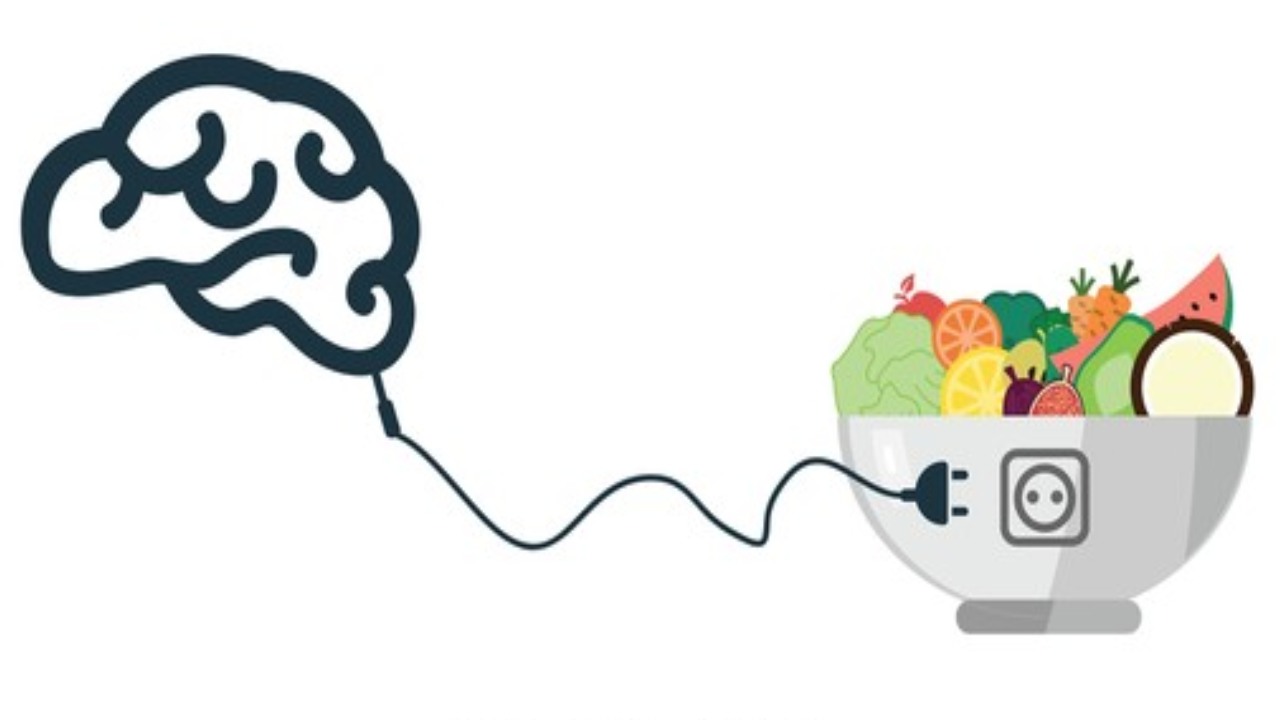For years, research on healthy eating has focused primarily on physical health and the link between diet, weight and chronic disease. But the emerging field of nutritional psychiatry studies how foods can make us feel.
“Many people think about food in terms of their waistlines, but it also impacts our mental health,” said Uma Naidoo, a Harvard psychiatrist and director of nutritional and lifestyle psychiatry at the Massachusetts General Hospital, US.
The connection between the stomach and the brain is strong, and it starts in the womb. The gut and brain originate from the same cells in the embryo, Naidoo said. One of the main ways the brain and gut remain connected is through the vagus nerve, a two-way chemical messaging system that explains why stress can trigger feelings of anxiety in your mind and butterflies in your stomach.
Debunking a myth
Often people try to influence their mood by eating comfort foods. The problem, experts say, is that while those foods typically offer a tantalising combination of fat, sugar, salt and carbs that make them hyperpalatable, they can actually make us feel worse.
Traci Mann, who heads the health and eating laboratory at the University of Minnesota, US, ran a series of studies to determine whether a comfort food improves mood. Participants were asked the following question: “What foods would make you feel better if you were in a bad mood?”
Before each test, the participants watched film clips that were known to elicit anger, hostility, fear, anxiety and sadness. After the film, the viewers filled out a “negative mood” questionnaire to indicate how they were feeling. Then they were given a heaping portion of their favourite comfort food; a food they liked but didn’t view as a comfort food; a “neutral” food (an oat and honey granola bar); or no food at all. Everyone had three minutes alone to eat their food, or sit quietly. After the break, they filled out the mood questionnaire again.
Whether a participant ate comfort food, any food or no food didn’t make a difference in mood. The factor that seemed to matter most was the passage of time.
Treating depression
A four-year study of more than 10,000 university students in Spain found that people who closely followed a Mediterranean diet were at lower risk for depression. Australian researchers examined food diaries of 12,385 randomly sampled adults from an ongoing government survey. They found that higher fruit and vegetable intake predicted increased happiness, life satisfaction and well-being.
There’s still much to learn about which foods and how much of them can improve mental health.
“Our brains evolved to eat almost anything to survive, but increasingly we know there’s a way to fuel it to improve overall mental health,” said Drew Ramsey, a psychiatrist and assistant clinical professor at the Columbia University Vagelos College of Physicians and Surgeons in New York, US.
Try something new
Add to your plate some new foods that have been linked to better brain health. This list is based on suggestions from Naidoo and Ramsey.
Leafy greens: Ramsey calls leafy greens the foundation of a brain health diet because they are cheap and versatile and have a high ratio of nutrients to calories.
• Colourful fruits and vegetables: The more colourful your plate, the better the food is for your brain.
• Seafood: Sardines, oysters, mussels, wild salmon and cod are sources of long-chain omega-3 fatty acids that are essential for brain health. If you don’t eat fish, chia seeds, flax seeds and sea vegetables are also good sources of omega-3s.
Nuts, beans and seeds: Try to eat between a half cup and a full cup of beans, nuts and seeds a day, Ramsey said. Nuts and seeds, including cashews, almonds, walnuts and pumpkin seeds, are a great snack, but they can also be added to stir-fry dishes and salads. Black and red beans, lentils and legumes can also be added to soups, salads and stews or enjoyed as a side dish.
• Spices and herbs: Cooking with spices not only makes your food taste better, but studies suggest certain spices may lead to a better balance of gut microbes, reduce inflammation and even improve memory. Naidoo especially likes turmeric; studies suggest that its active ingredient, curcumin, may have benefits for attention and overall cognition. “Turmeric can be very powerful over time,” she said.
• Fermented foods: Fermented foods are made by combining milk, vegetables or other raw ingredients with microorganisms such as yeast and bacteria. A recent study found that six servings a day of fermented foods can lower inflammation and improve the diversity of your gut microbiome. Fermented foods include yoghurt, kombucha and kimchi.
• Dark chocolate: People who regularly eat dark chocolate have a 70 per cent reduced risk of depression symptoms, according to a large government survey of nearly 14,000 adults.











